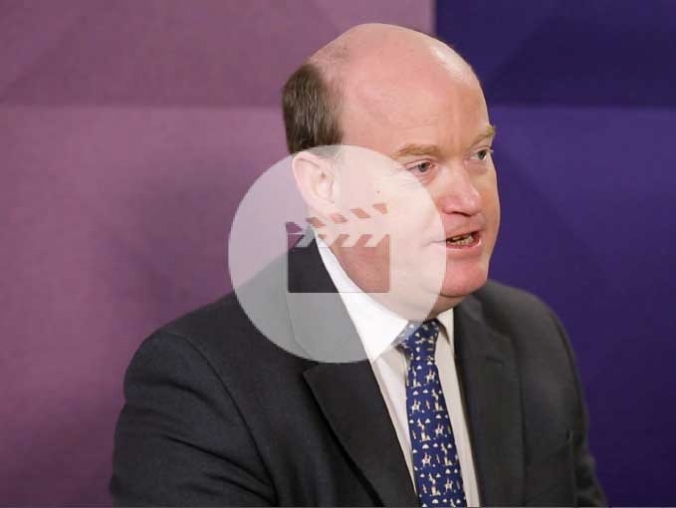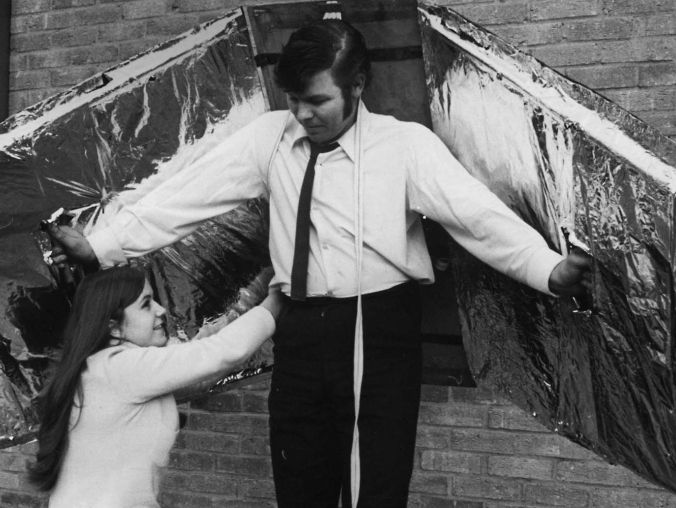

Should you save or invest?
While savings accounts may seem like a safe place to keep your hard-earned cash, low interest rates mean it is not always the best option
When deciding where to put our money, most of us accept the low returns offered on cash savings on the basis that at least our money is safe. But the dangers of inflation could mean you are taking a risk opting for cash.
Holding some of your savings in cash is a good idea. Money you are going to need in the short term – under five years – is far more accessible in a savings account and you don’t risk having to sell investments during a market dip.
However, using cash for long-term savings is a mistake. “Saving in a low interest rate world gives minimal nominal returns and may actually be giving negative real returns given that inflation is not zero,” says Nersen Pillay, Investment Director at Royal London Asset Management.
The irony is that saving may be more risky than investing in a global multi-asset fund if it does not protect the real value of your assets in the long run
At the time of writing, in August 2017, inflation was 2.6%, according to the Office for National Statistics. That means that in order to buy something that cost £100 in 2016, you would have needed £102.60 in 2017. In order for your money to retain its purchasing power, it would have needed to be in an account paying at least 2.6% interest over that past year. Unfortunately, there isn’t a single savings account available at present that pays 2.6% – in fact you’ll be lucky to get one paying more than 2%.
Leave your savings in cash and, gradually, your money will shrink in real terms as it fails to grow as fast as inflation. But, most of us are still doing just that. In 2015/16, nearly three quarters of the £80bn invested in adult ISAs went into cash ISAs.
If you want to see a real return on your money, you need to move up the risk ladder in order to improve your returns.
There is an old adage with money, the higher the risk the greater the return. But, investing in the stock market doesn’t have to mean gambling your cash on whether one miner will strike gold. Investing wisely and spreading your eggs across lots of baskets can allow you to beat the returns available on cash, without shouldering a huge level of risk.
“The key point about investing rather than just saving cash is that we can benefit from diversification,” says Nersen.
Historically, money invested in a wide range of asset classes – known as multi-asset investment – has beaten inflation and outperformed cash. Research by Royal London found that £1,000 placed in an average savings account a decade ago would be worth just £900 in real terms today. In contrast, £1,000 invested in a multi-asset fund would be worth £1,500 today, even after inflation.
“The irony is that saving may be more risky than investing in a global multi-asset fund if it does not protect the real value of your assets in the long run,” says Nersen. Royal London estimates that cash ISA holders have missed out on nearly £100bn in tax-free gains that they could have made over the past decade by investing in a multi-asset fund.
Before you invest in the stock market, it is a good idea to get some independent financial advice in order to decide your attitude to risk, your financial goals, and look at your complete financial picture, in order to decide an investment plan suited to your needs.
An independent financial adviser can help you build a balanced portfolio that keeps some of your money in the short-term safe haven of cash, but avoids the inflation trap that long-term cash saving risks.
More for you

What happens when you invest with us?
Piers Hillier, Chief Investment Officer at Royal London, explains how we invest With Profits members' money to get you the best possible returns
MORE
ProfitShare
We give your savings pot an extra boost by adding a share of our profits to your plan every year
MORE


